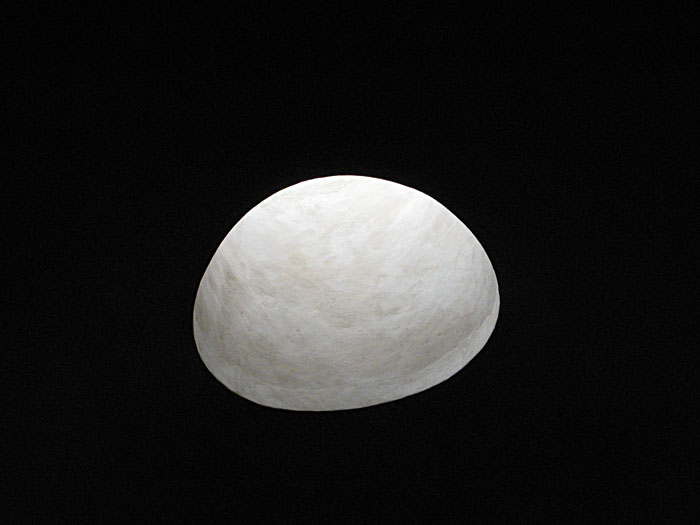… when they can have this?
Thanks for Gerard for finding it.

… when they can have this?
Thanks for Gerard for finding it.
From today’s New York Times…
Sun Microsystems solidly beat Wall Street’s estimates yesterday when it reported a profit for the fourth quarter, providing evidence that the company’s turnaround plan was working.
The report sent shares of Sun up nearly 10 percent in after-hours trading, after they declined 3 cents to close at $4.89 earlier in the day.
Profit at Sun, which makes computer servers, was $329 million, or 9 cents a share, compared with a year-earlier net loss of $301 million, or a loss of 9 cents a share. Revenue rose to $3.84 billion from $3.83 billion. Analysts had expected, on average, earnings of 5 cents a share on $3.84 billion in revenue, according to Thomson Financial.
It was the third consecutive quarter of profit for the company, which had endured a lengthy downturn and five consecutive quarters of losses….
Time to eat my hat, then. Two years ago, I thought the company was doomed.
According to General Wesley Clark, on September 20, 2001.
Here’s the interview clip:
From GMSV:
The more the Real World pushes in, the more Second Life starts looking like First Life.
On Wednesday, with the FBI looking over its shoulder, proprietor Linden Lab shut down Second Life’s casinos and declared there shall be no wagering on games of chance throughout the land.
Then yesterday came word that IBM — once famous for its unspoken but rigid white-shirt-and-wingtips workforce dress code — would be spelling out guidelines for the appearance and behavior of employee avatars in virtual worlds. There’s no mention of navy blue suits, but workers are advised to be “especially sensitive to the appropriateness of your avatar or persona’s appearance when you are meeting with IBM clients or conducting IBM business.” In other words, it would be best not to come to meetings as a badger in a ball gown. Employees are also urged not to be two-or-three-faced. “Building a reputation of trust within a virtual world represents a commitment to be truthful and accountable with fellow digital citizens,” IBM states. “Dramatically altering, splitting or abandoning your digital persona may be a violation of that trust. … In the case of a digital persona used for IBM business purposes, it may violate your obligations to IBM.”
I find this deeply reassuring, somehow. It fits neatly with the discovery that the social stratification that characterises the real world also applies to social networking sites — with MySpace down the socio-economic (as well as the age) scale, and Facebook up the scale in Preppyland. Stand by for the first New Yorker cartoon showing two Baby Boomer parents confronting Preppy teenage daughter with trailer-trash troglodyte in tow. “Don’t you think he’s a bit MySpacey for you, honey?”

It’s one way to do it.

What do you see? A stone? A distorted image of the moon?
In fact, it’s the skylight in the dome of the church in Cotignac.

Well, it is Provence, so why not do some PhotoShopping if one can’t paint?
The news that Apple has filed a patent application on a technology for tethering rechargeable devices (like iPods) to particular chargers caused a perceptible rise in this blogger’s blood pressure. The idea is that the device will only allow its batteries to be recharged if it is connected to an authorized charger. But Ed Felten has some characteristically measured thoughts about the idea — for example it’s utility as an anti-theft measure — so I’ve calmed down.
At least $0.30, according to this.

Spotted on the gable of a Cotignac house the other day. A nice touch in a village where people really do look out of their windows to see what’s happening on the Cours in the evening.